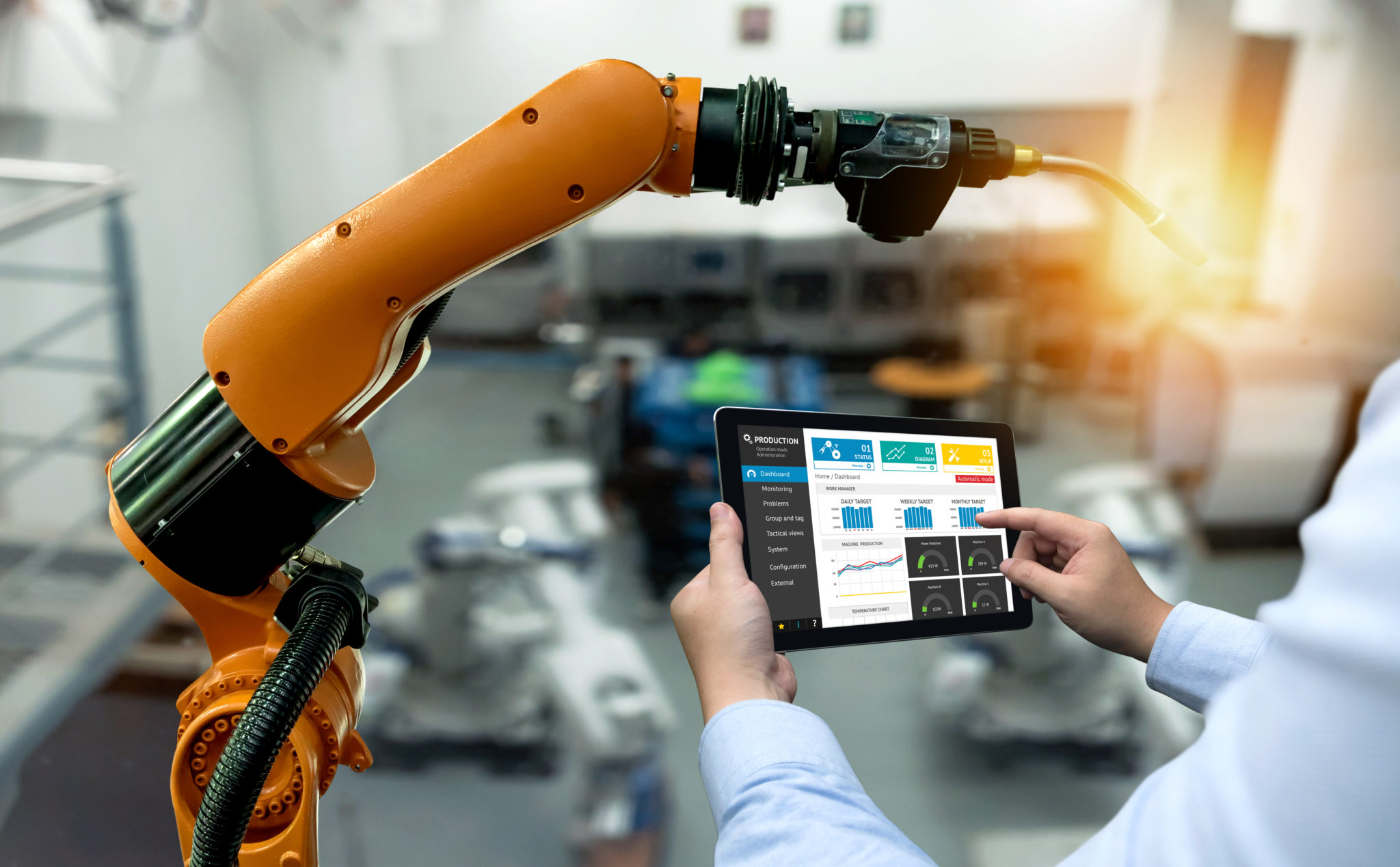Life Sciences and Healthcare

Good tech needs great humans: adopting a different approach to digital disruption
Published on 18th July 2018

Transformative digitalisation projects are a feature of every commercial sector and are opening up many new opportunities for in the healthcare sector. But they also throw up new challenges, not just in terms of understanding the law but also in optimising the way services are delivered. A consistent theme voiced by those experienced in digitalisation projects is the importance of the human interaction around the project. We've combined advice from both our clients and our own tech specialists about adopting new ways of working to meet the new challenges of technology:
- The velocity of change is unprecedented. This means that it may be better to react to change rather than to try to stick to a plan. Fast, reactive innovation inevitably means mistakes will be made and this has to be accepted. Often, new solutions or approaches will have to be created very quickly to deal with a new type of problem. Do not strive for perfect answers.
- The need to collaborate in order to maximise creativity is paramount: “the crowd creates faster”. People need to be empowered and encouraged to think as creatively as possible in addressing challenges and finding solutions. Diversity within teams is essential to achieve this. Genuinely open communication is facilitated by acceptance of the possibility of mistakes and failure. Working collaboratively (whether with the business teams or with a client) results in better thought-through and more effective results.
- Automation necessitates the front-loading of processes. Systems have to be designed from the outset with compliance, privacy, ethical constraints etc built into them. To avoid late-identified issues upending a digitalisation project, make sure the legal team is included from the outset. Ideally (and particularly for machine learning software with decision-making autonomy), we should also design in explainability, responsibility and on-going accuracy.
- Don’t introduce tech for tech’s sake. Fully understand and map out the process in question to pinpoint where problems arise. Simple solutions and incremental gains are important. Introduce tech solutions where they enhance the quality of the output or the quality of the process (greater reliability, for example). Do not remove the human element where it adds value, such as quality of service.
- Protection of assets and data is essential. This is important both in terms of protecting and preserving rights to your intellectual property in the tools being created, and also in relation to cybersecurity. Data and tools in the cloud necessitate excellent digital security and discipline.


